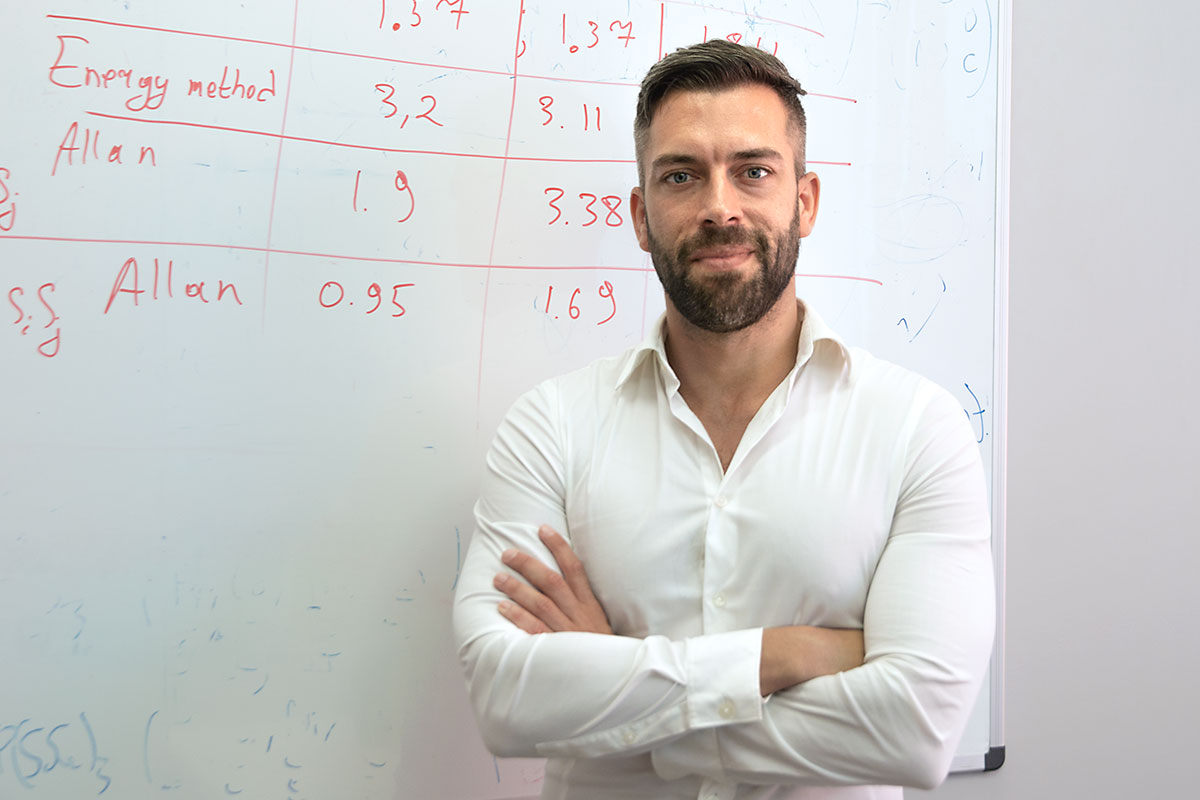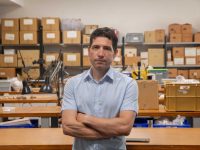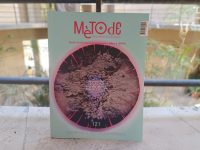Designing the materials of the future
José J. Baldoví is a researcher at ICMol (UV)

I am José Jaime Baldoví, a distinguished researcher in the GenT plan of the Valencia regional government and director of the 2D Smart Materials research group at the Institute of Molecular Sciences (ICMol) of the University of Valencia (Spain). The research we do here focuses mainly on the development of new two-dimensional materials, i.e., materials that can be a single layer of just one or a few atoms thick. We use computer simulations to design and control the properties of these materials in order to transfer information. In our project, we are combining two-dimensional magnetic materials and molecules. For the first time, we are opening up the field of molecular magnonics, which is the transfer of information through controlled magnetic interactions with molecules. This is where chemistry comes in, because it allows us to control information in an intelligent way, because the molecules we use respond to an external stimulus. In other words, they can be externally controlled.
Two-dimensional materials are one of the most exciting areas of materials physics. Layer after layer can be removed until you get ultra-thin materials, and the key is that their properties change completely. 2D magnonic materials are not yet on the market, but research is being done on solid-state materials with different layers, and there are already prototypes that could replace electronics in 10 years’ time. In our project, we are going further because we want to see materials at the minimum scale of miniaturisation, going to the limit to get more flexibility, so that the processed information can be sent faster, and we can use chemistry, which is much more economical and sustainable, to be able to transmit that information. So we are looking for the materials of the future through the materials that are emerging today. At the University of Valencia, the Faculty of Chemistry is one of the strongest in Spain and, by all indicators, people graduate at a very high level. Now we have to go further, take advantage of this potential and transfer it to companies, which is what we lack most.
I think there is still a long way to go before the love of chemistry that we professionals have reaches society, but I also believe that this science has a lot of potential for dissemination. That is why it is very important for scientists to get directly involved in passing on our passion and knowledge.





